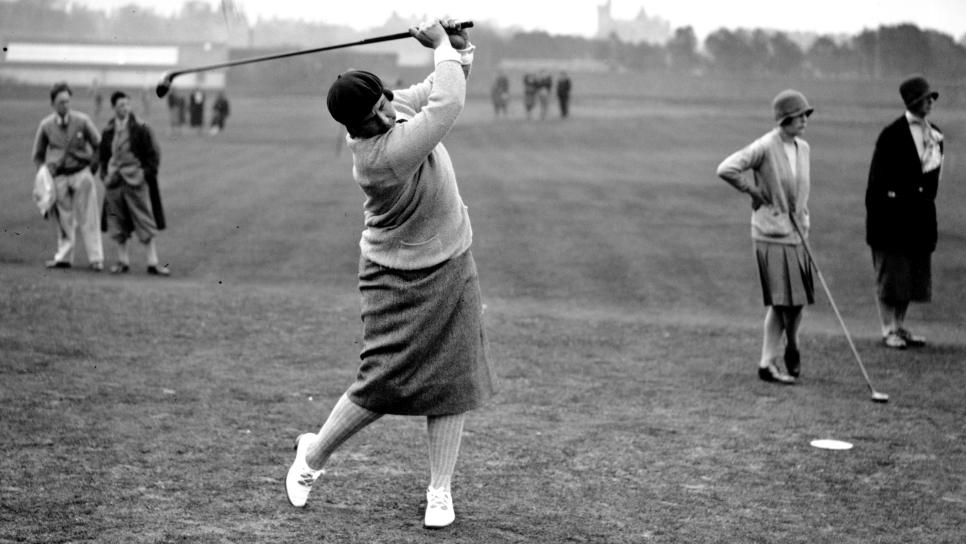The Loop
The case for all-male golf clubs
The men-only membership policy of the Royal & Ancient Golf Club of St. Andrews was scandalous and indefensible, since the R & A is the main worldwide governing body for all of golf. But the men-only membership policy of Muirfield is not, since the tournament it will no longer be allowed to host, the British Open, is also men-only. Why shouldn't a sports event whose participants are all of one sex be held at a sports club whose members are also all of that sex?

Getty Images
I wrote about this issue in Golf Digest thirteen years ago, when the controversy involved Augusta National and the Masters. The bitterest argument then was that the absence of women from the membership of any golf club is, ipso facto, the sexual equivalent of racism. At that time, the Rev. Jesse Jackson described men-only membership as “gender apartheid,” and said, “The gender bigotry is as offensive as racial bigotry or religious bigotry.” Others made essentially the same claim: that operating a social club whose membership includes no women is morally indistinguishable from operating a social club (or a society) that excludes blacks or Jews.
Yet Jackson’s accusation depended on a false analogy, and on his own (willful) muddling of the possible reasons for making distinctions between human beings. Racism is a belief in nonexistent racial differences, especially ones that imply the inferiority of one race in comparison with another. Sexism is more complicated, because genuine, non-prejudicial differences between men and women really do exist. (Maintaining separate restrooms for whites and blacks is morally repugnant; maintaining separate restrooms for males and females is not -- and the current debate about restroom access for transgender people underscores that truth, since the one thing both sides agree about is that the differences are monumentally important.) Indeed, one of the transforming accomplishments of American feminism has been to foster a broader appreciation of the meaningful ways in which men and women are not the same. Women who prefer to be treated by female physicians, or to join women-only health clubs, or to be represented by female divorce attorneys aren’t guilty of “gender apartheid”; their preferences merely reflect the fact that they, like men, have needs and emotions and desires that are not sex blind.
If you aren't tired of this issue already, you can read my entire argument here.

